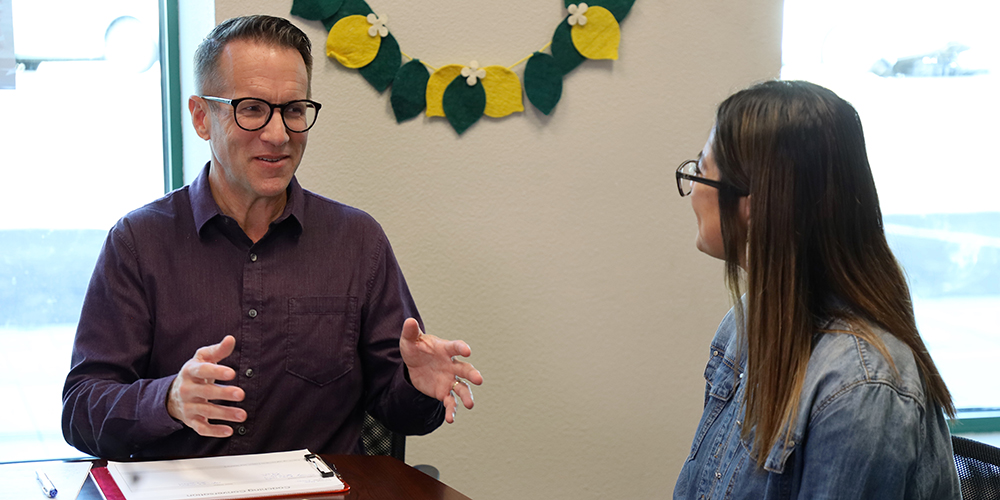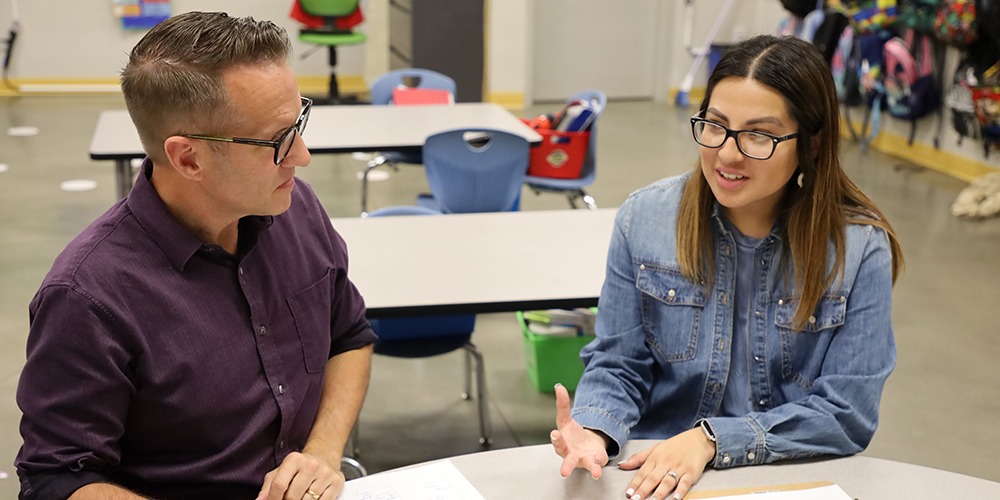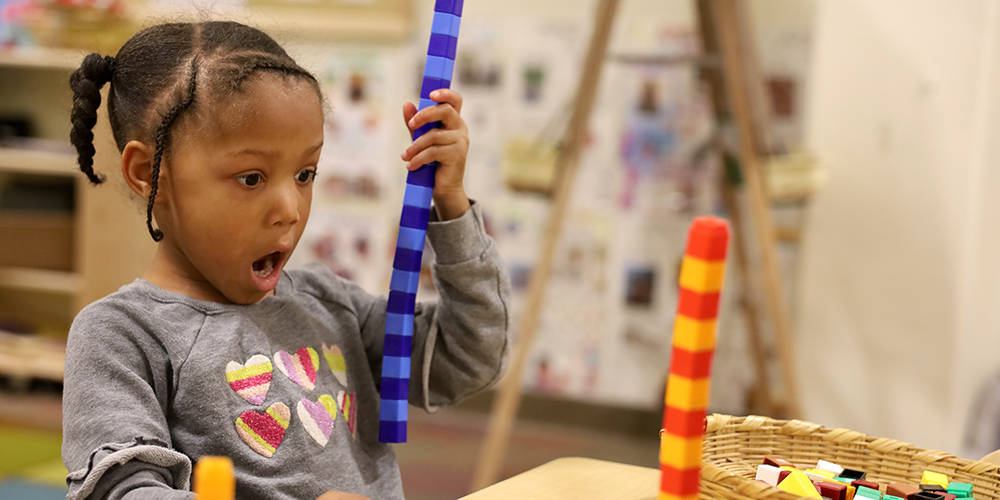Facilitator Resources
Building The Capacity Of Educators
Suites of resources on a range of early STEAM topics for facilitators and coaches to use in professional learning with educators.
Having a positive math mindset is often related to having a growth mindset. Someone with a growth mindset understands that an individual’s skills and knowledge can improve over time with effort, learning, and persistence.
Someone with a fixed mindset may believe that an individual’s skills and knowledge cannot change.
Using growth mindset language to discuss math abilities can support others to develop positive math mindsets (Dweck, 2008, 2015).
Think about a time when you heard an adult make one or more of the following statements about math:
Reflect:
How might these statements reinforce a fixed math mindset?
Referring to someone as a “math person”:
However, all children are born with the capacity to learn math. We can all improve our math skills!
Research shows that a positive math mindset can support educators’ instructional practices, students’ math beliefs, and students’ math test scores, especially for girls, English language learners, and students from low-income backgrounds (Anderson et al., 2018).
These findings reveal that how we talk about math matters!
Math mindsets can shift over time and with new experiences.
In the first video, a preschool educator reflects on attending a week-long Count Play Explore (formerly the California Statewide Early Math Initiative, or CAEMI) professional learning institute. She describes how the institute changed her perspective about being a “math person” and what it means to “do” math.
In the second video, two educators reflect on their early math memories. Notice how their early experiences with math impact their current math mindsets.
Reflect:
Do you relate to any of these educators' math mindsets? Why or why not?
Let’s practice using growth mindset language to talk about math!
I never felt like I was good at math. I feel overwhelmed to coach educators in math.
I am exploring how adults and children learn about math, how I can value their thinking, and how to help them recognize they are already doing math.
I don’t like math. It’s hard for me to create enjoyable early math activities for children and families.
I am engaging in playful math as a learner myself. My own positive math experiences can help me create positive, playful math activities for others.
Math makes me feel anxious. I don’t like to do math with my child.
I didn’t enjoy math as a child, but I can learn how to support my child with math. If I speak positively about my math ability, then my child will also feel that way.
The language you use to talk about math can have a lasting impact on your math mindset and others’ math mindsets.
Your positive messages about math make a difference. These messages shape how educators communicate with children and families about math and support them to develop positive math mindsets (REL Northwest, 2018).

"Math is a language that helps us communicate about the patterns we see all around us."
"I enjoy creating fun, playful experiences for educators to grapple with math concepts."

"I believe that everyone can be a mathematician."
"Math is my favorite part of the curriculum."

"Math is fun."
"I can solve this problem."
Modules for leaders, professional learning facilitators, and coaches to build their knowledge and skills in how to provide early STEAM professional learning.
Suites of resources on a range of early STEAM topics for facilitators and coaches to use in professional learning with educators.
Copy the link below to share this resource with students, families and colleagues, or to save for later.